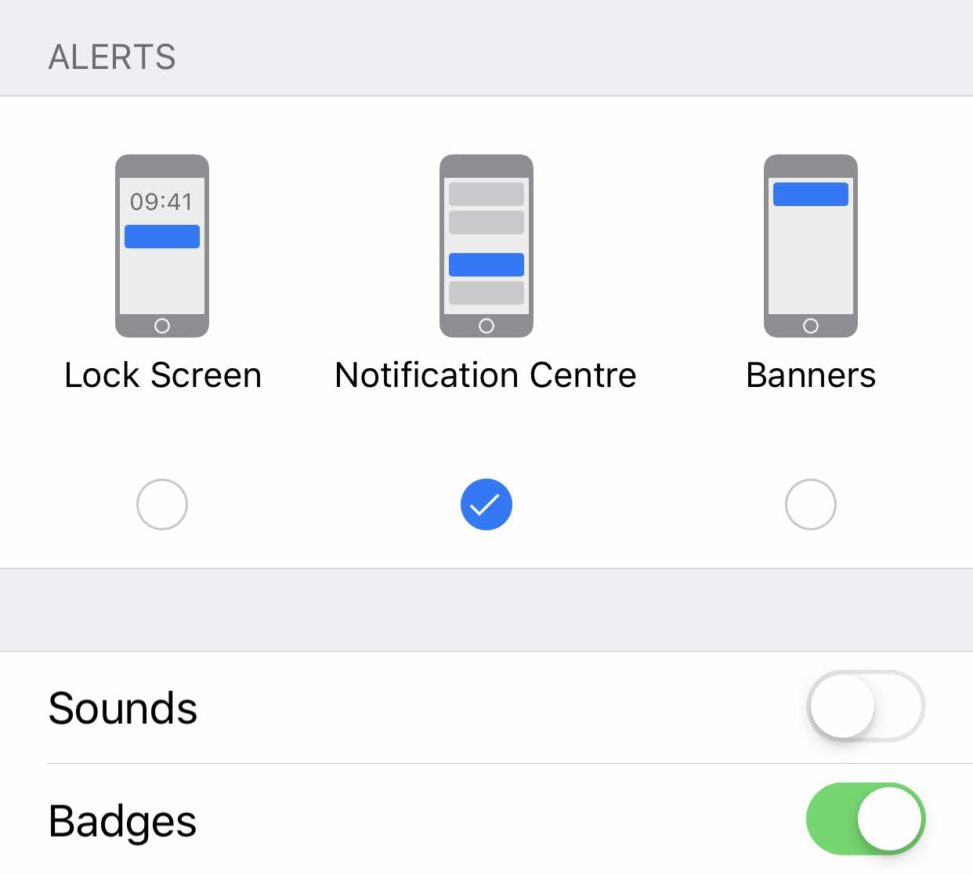In an earlier chronicle, I have already mentioned the study by Sara Sarasvathy, who concluded that people identified as entrepreneurs more often use effective reasoning rather than the most common causal reasoning (“Thinking as an Innovator”, 20- March 2018). This and other studies show that the perception of what we think is an essential competence of the entrepreneur is not always the case. An example is to think that only workaholics can succeed as entrepreneurs. However, just as long hours of study do not ensure passing the exam, success is also not measured by the number of hours spent working. The most important thing is how you study or work. This is the topic of the new book “It Does Not Have to Be Crazy at Work” by Jason Fried and David Heinemeier Hansson, respectively CEO and CTO of Basecamp. The first author was one of the founders of the company and the second is the creator of the well-known platform Ruby on Rails for web application development, available free of charge by Basecamp. The book, recognized in The Economist’s Bartleby column as “by far the best thing published on management this year” shows how it is possible for a company like Basecamp to maintain a sustainable growth in profits without having its employees in a permanent state of exhaustion. According to the authors, the two main causes for lack of efficacy at work are (1) the division of the day into tiny, fleeting moments of work interspersed with a myriad of physical and virtual disruptions, and (2) an obsession with the establishment of unrealistic goals. In this chronicle, I will focus on the former.
The impact of disruptions on work efficiency is also the subject of Cal Newport’s book “Deep Work: Rules for a Focused Success in a Distracted World”. The concept of deep work is defined as a professional activity performed in a state of concentration that maximizes the cognitive abilities. You must have had the experience of being so focused on an activity that he has not noticed the passage of time or what has happened around you. Your brain has a limited capacity to receive stimuli, and at that time all channels were busy with the activity at hand. That is deep work. Each of us can more or less easily enter this state of concentration, depending on the stimuli we receive in the transition period. Any interruption takes us back to the state of alert of what surrounds us and hinders the return to the state of concentration.
One section of Fried and Hansson’s book is dedicated to the fear of being left out or FOMO. This obsession to be aware of all the information at the exact moment it occurs, makes us always check the screen of our phone or the inbox in our computer. The FOMO is no longer about our personal life with messages from our network of friends or about the events in the world. Professional tools are becoming more and more instantaneous where information is disseminated regardless of its relevance or urgency. Employees do not need to have up-to-the-minute updates on everything that happens in the company. Basecamp encourages the joy of being out or JOMO. The relevant information about the company is included in small monthly messages that summarize the work and the progress of each team in the different projects that they are involved in. The company has 54 employees working in 30 cities around the world.
Since you are not a Basecamp collaborator, you should be wondering how this chronicle may be of use. My suggestion is to start with what interrupts you the most: your mobile phone. Since the notifications of the mobile phone are the main cause of the obsession with the FOMO, what if you limit them to the essential? Choose a tool to receive urgent messages and turn off notifications for all other messaging, news, and social networking apps. Leave only active notifications for phone calls and from applications like calendar, maps, transport, mobility, and delivery services. Put aside some time in your schedule for deep work using the “do not disturb” feature of your phone. Use this mode also at night and avoid using screens before falling asleep. The background of your mobile phone can also be a source of distraction: it’s hard to work looking at a picture from your last holidays. Choose a neutral or motivating background that reminds you of the need for concentration. Put your mobile phone to work for you and not against you.

 Português
Português